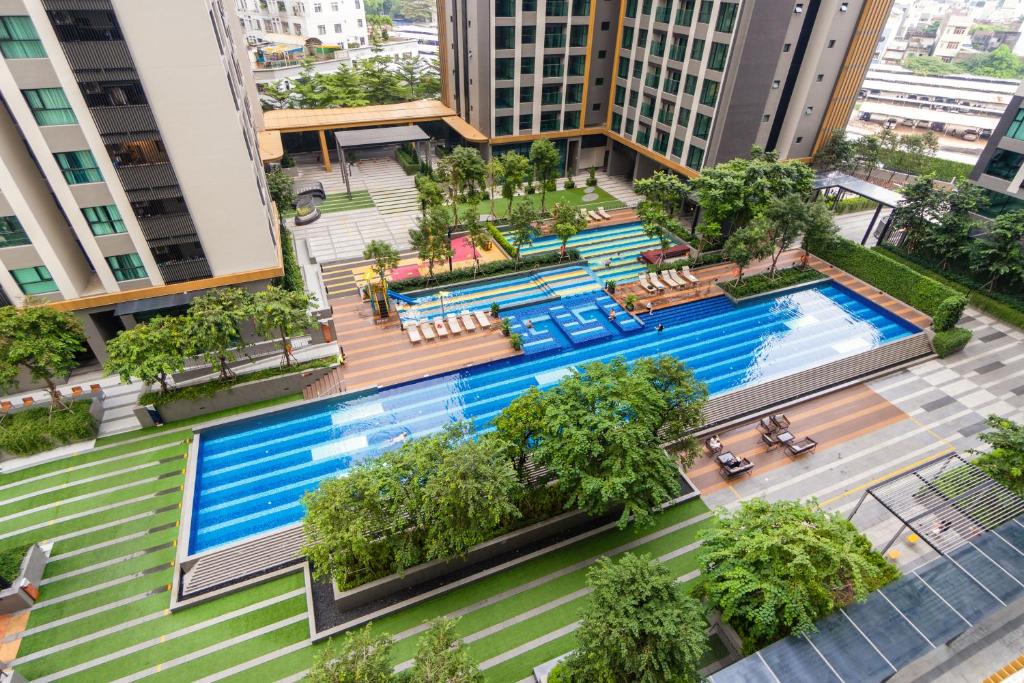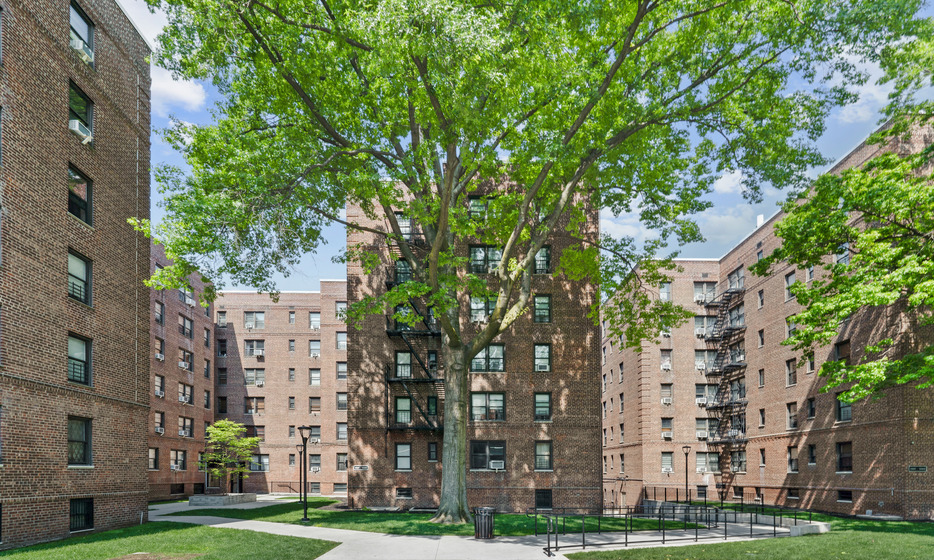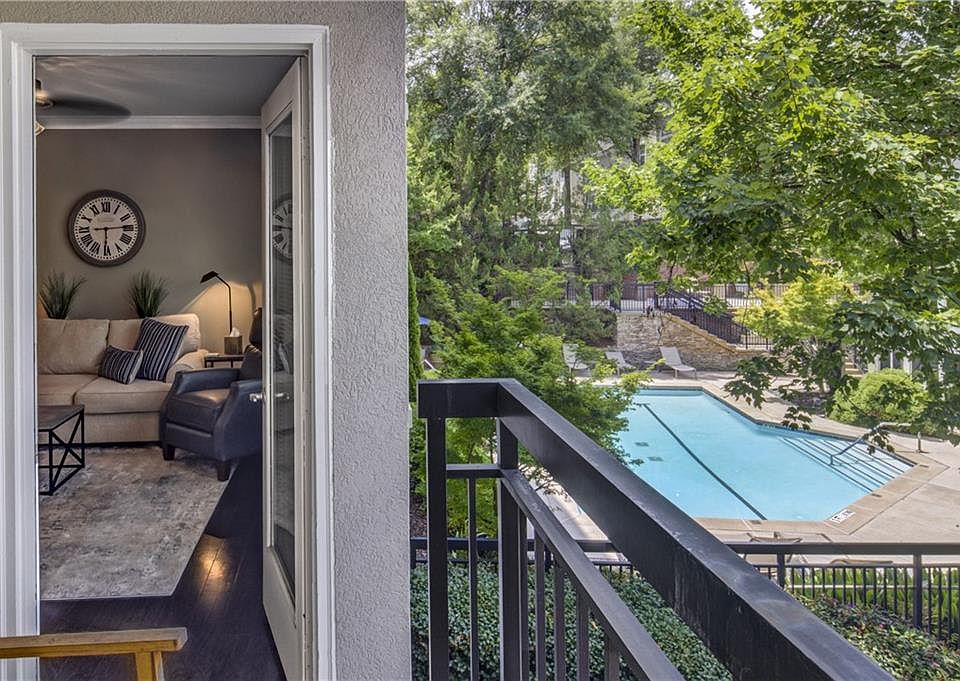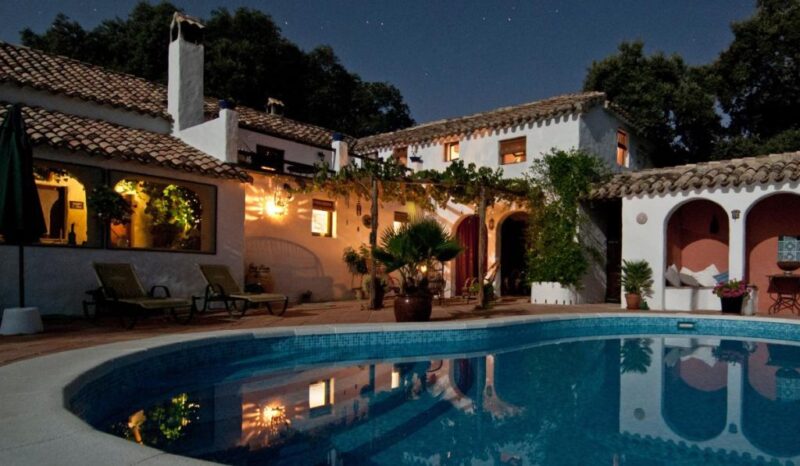Are you dreaming of owning a slice of Singapore’s vibrant skyline or perhaps a serene retreat in one of its lush neighborhoods? The prospect of purchasing a home in this bustling city-state is undoubtedly exciting, yet it comes with its own set of legal intricacies. Navigating the maze of eligibility requirements can seem daunting, especially for first-time buyers.
Who can buy? What legal stipulations must be adhered to? From Singapore citizens and permanent residents to foreigners, each category faces different regulations that must be understood. In this article, we will delve into the legal landscape surrounding property ownership in Singapore, shedding light on essential criteria and processes that could make or break your homeownership aspirations.
Let’s embark on this journey together, ensuring you’re well-equipped to make informed decisions in your quest for a home.
Who Can Purchase Property in Singapore?

In Singapore, buying property depends on the buyer’s residency status and the type of property. Citizens have the most freedom and can buy both public housing and private property without limits.
Permanent residents have access to private housing but face some restrictions on public housing. Foreigners can buy private residential units like river green condo, which offers modern living in a desirable location, but they need government approval to purchase landed properties. Foreign buyers also face additional costs, such as the Additional Buyers Stamp Duty, which increases the overall expense.
These rules make it important for all buyers to understand their eligibility before making any decisions in the property market.
Types of Properties Available

When considering buying a house in Singapore, its essential to navigate the diverse landscape of available properties. The market boasts a range of options, from newly developed condominiums offering modern amenities and community living, to charming landed houses that exude character and space, ideal for families.
In addition to these, there are public housing flats known as HDBs, designed to cater to various income levels and family structures, ensuring that homeownership is accessible to many. For investors, there are also opportunities in commercial properties, which can generate rental income while contributing to the vibrant economic fabric of the city-state.
Each type of property comes with its own set of regulations and eligibility criteria, making it crucial for potential buyers to thoroughly understand the implications of their choice. With proper research and a clear idea of ones needs and budget, aspiring homeowners can navigate this intricate marketplace with confidence.
Taxes and Fees Associated with Buying Property

When buying property in Singapore, its essential to be aware of the various taxes and fees that can significantly impact your overall budget. First and foremost, the Buyer’s Stamp Duty (BSD) is a key cost, typically calculated as a percentage of the property price or market value—whichever is higher.
This fee is tiered, escalating with higher property values, which can lead to a hefty sum for premium properties. Additionally, if you’re a foreigner, prepare for the Additional Buyer’s Stamp Duty (ABSD), a tax designed to regulate foreign ownership and ensure housing affordability for residents.
Beyond these stamp duties, don’t forget about other potential costs like legal fees, valuation fees, and perhaps even renovation expenses if you’re looking to make the property truly yours. As you navigate this financial landscape, being fully informed will help you avoid unpleasant surprises and foster a smoother transaction experience.
Conclusion
In conclusion, navigating the legal requirements for purchasing a home in Singapore can initially seem daunting, but understanding the criteria and regulations is crucial for a successful transaction. Whether you are a Singapore citizen, a permanent resident, or a foreigner, it’s essential to familiarize yourself with the different eligibility guidelines that apply to each category.
Notably, developments like River Green Condo exemplify the types of properties available under these regulations, highlighted by their appeal and adherence to Singapore’s housing policies. By equipping yourself with the right knowledge and consulting professionals when necessary, you can confidently take the next steps toward owning your dream home in this vibrant city-state.


